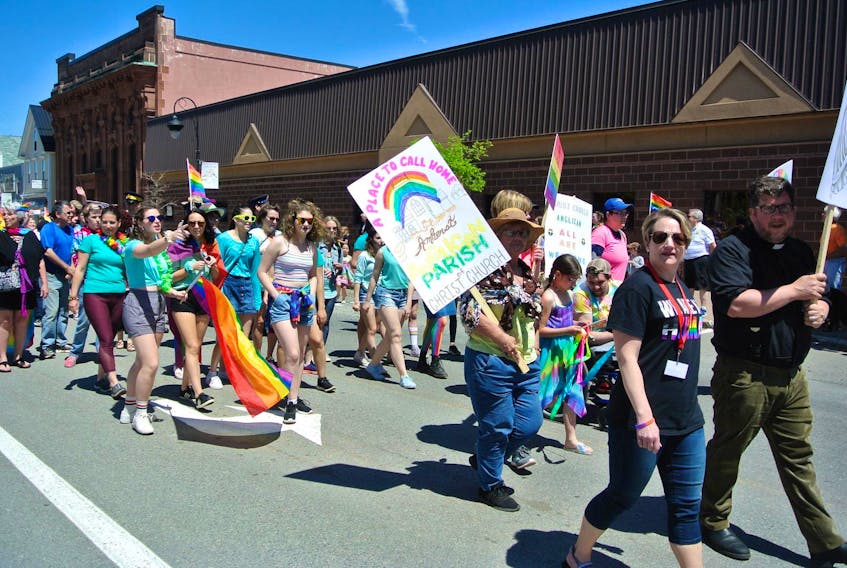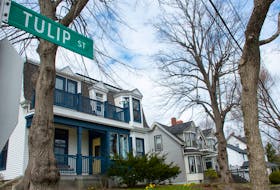The Anglican archbishop of Nova Scotia and P.E.I. says those who wish to be married in a same-sex union in his diocese can do so thanks to a provision that allows bishops to authorize marriage rights at the local level.
Archbishop Ron Cutler, speaking from Vancouver, where the Anglican Church of Canada’s national synod was coming to a conclusion Tuesday, said despite Friday’s failure of a motion to amend the church’s marriage canon to allow same-sex marriage, the synod still provided for a “local option.”
“In other words, local diocesan bishops could authorize marriage rights without actually changing the canon law of the church,” Cutler said. “So I have said I am going to take advantage of that local option and I will within Nova Scotia and Prince Edward Island, my diocese. I will give permission for the clergy to perform same-sex marriages.”
The archbishop said he could not do anything else in his role as a defender and upholder of the faith.
“My thoughts are, after 38 years of ministry and after an awful lot of conversations and studies and especially conversations with people in the LGBTQ+ community, I see in them the signs of faithful living,” Culer said. “And I see in their committed relationships the signs for what I would like to see in any marriage. And that’s just my personal experience. So I can’t see why I should be withholding a sacramental right of the church from these folks. Bottom line, that’s what it’s about.”
He said he’s received a lot of affirmation since announcing his decision Monday and expects he will hear opposing views, too.
“But the bottom line is this is a local option, nobody is being forced. Clergy are not being forced to do same-sex marriages if they believe it’s against their conscience or theology. What I would hope they would do would be to refer them to one of their colleagues who would, in fact, celebrate such marriages.”
Rev. Will Ferrey, rector of Christ Church in Amherst, says his congregation will continue to be a strong ally of the LGBTQ+ community, despite the failure of the amendment.
“I’m very disappointed,” Ferrey said. “It’s not what I hoped would happen at all. I believe the congregation is also disappointed and a little angry.”
The church’s rules require a two-thirds majority among the laity, clergy and bishops. The motion did not meet the required majority among bishops.
Christ Church has been an active supporter of the
LGBTQ+ community and its push for equality. He said there are members of that community within the congregation of about 120 and every one of them is made to feel welcome and equal.
Ferrey said there have been no requests for same-sex marriages at Christ Church to date.
If anything, while disappointed and a little miffed at church leadership, Ferrey said the congregation will aim to become better allies of the LGBTQ+ community.
“We have been working toward a greater understanding of full inclusion of all people, celebrating and affirming all gender identities and sexualities. The work will continue.”
Cutler said the synod did take steps forward, establishing an Indigenous self-determining church within the Anglican Church of Canada with an Indigenous archbishop, and a female primate of the church for the first time.
“And we’ve had a conversation that’s been very, very frank and very opening and very hurtful for some folks but on the other end of it, we’re coming to a place when maybe we can live with a whole lot of difference that we didn’t think we could live with when we came into this place,” he said.
The next national general synod is three years from now.
“Hey, the agenda is wide open and any member of the synod can reintroduce a resolution to look at this again,” Cutler said.









